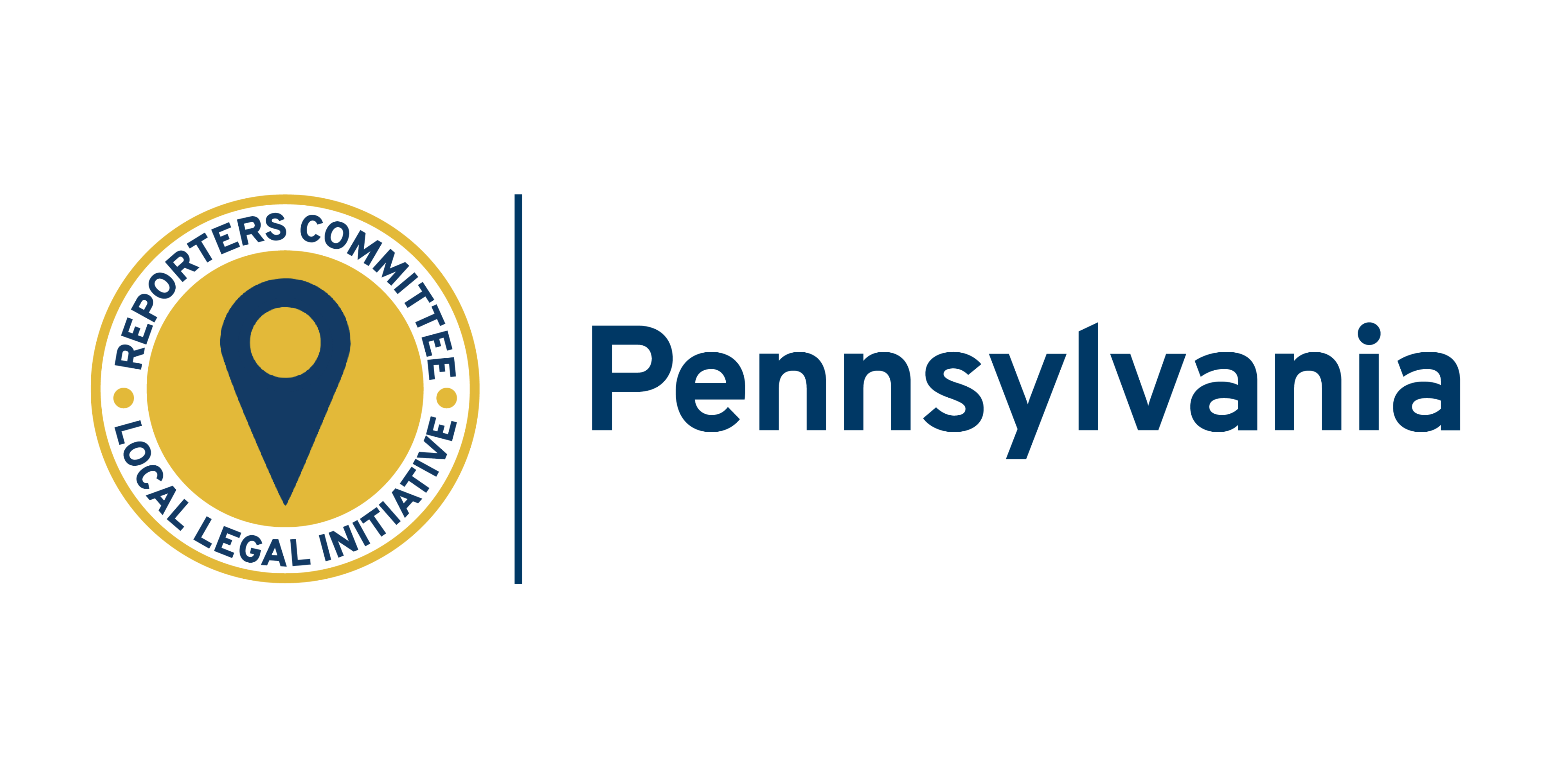Spotlight PA wins court battle over access to state medical marijuana data

Updates: On Jan. 31, 2023, Ed Mahon published a data-driven investigation using more than a million records he obtained from the Department of Health through this litigation. As he wrote in a behind-the-scenes look at his investigation, “Our analysis offers the first comprehensive look at how the decision to add anxiety disorders as a qualifying condition transformed Pennsylvania’s [medical marijuana] program, and, in the eyes of some, made it possible for basically anyone to get a medical marijuana card.” Learn more about the investigation and the legal effort behind it in this RCFP interview with Mahon.
A three-judge panel of the Commonwealth Court of Pennsylvania has ordered the state Department of Health to make public data that shows how many patients are certified to receive medical marijuana as a treatment for anxiety, cancer, opioid addiction and other qualifying conditions under the state’s medical marijuana program.
Last week’s decision caps off a months-long legal effort by Spotlight PA, a nonprofit investigative newsroom, and Reporters Committee attorneys to shine a light on a medical marijuana program that was created in 2016.
“This ruling is an important step toward public access to aggregate data that will help Pennsylvanians better understand how the state’s medical marijuana program is operating,” Paula Knudsen Burke, the Reporters Committee’s Local Legal Initiative attorney in Pennsylvania, told Spotlight PA after the court’s decision.
Spotlight PA journalist Ed Mahon initially requested the medical marijuana data under Pennsylvania’s Right-to-Know Law in June 2021. As part of his records request, he also asked for information about how the health department tracks the use of its medical marijuana program. Mahon had previously reported on the state’s unclear guidance surrounding medical marijuana certifications and its consequences for individuals seeking addiction treatment.
The health department denied Mahon’s request, claiming that providing a breakdown of how many people had certifications for each qualifying condition would violate the confidentiality provision of the state’s Medical Marijuana Act. Additionally, the health department denied the existence of documents detailing its policies and procedures for monitoring the program.
Mahon appealed to Pennsylvania’s Office of Open Records, which handles public records appeals before they head to court. The OOR ultimately sided with the journalist, determining that the aggregate data he requested did not constitute confidential patient records under the medical marijuana law and that the health department failed to prove that it does not possess documents detailing how it tracks the use of its medical marijuana program.
But rather than turn over the records, the health department appealed the OOR’s determination to the Commonwealth Court of Pennsylvania. In its decision, the court’s three-judge panel affirmed the OOR’s decision to grant Mahon access to the aggregate data — concluding that only identifying information about individual patients was exempt from disclosure under the medical marijuana law’s confidentiality provision.
It wasn’t a total victory for Mahon and Spotlight PA. The court panel ended up reversing the OOR’s determination regarding the disclosure of the health department’s written policies about the medical marijuana program.
As Spotlight PA reported, it is unclear whether the health department will release the medical marijuana data or take the case to the Pennsylvania Supreme Court. If the department chooses to appeal, Reporters Committee attorneys will continue to represent Spotlight PA in its effort to inform the public about the state’s medical marijuana program.
“The public records law in Pa. is only as good as those willing to fight for it,” Christopher Baxter, Spotlight PA’s executive director and editor-in-chief, wrote in a tweet after the court’s ruling. “I’m so proud of the battles Spotlight PA has been winning with our newsroom’s partners and [RCFP’s Paula Knudsen Burke] on our side. Real, tangible impact.”
The Reporters Committee regularly files friend-of-the-court briefs and its attorneys represent journalists and news organizations pro bono in court cases that involve First Amendment freedoms, the newsgathering rights of journalists and access to public information. Stay up-to-date on our work by signing up for our monthly newsletter and following us on Twitter or Instagram.